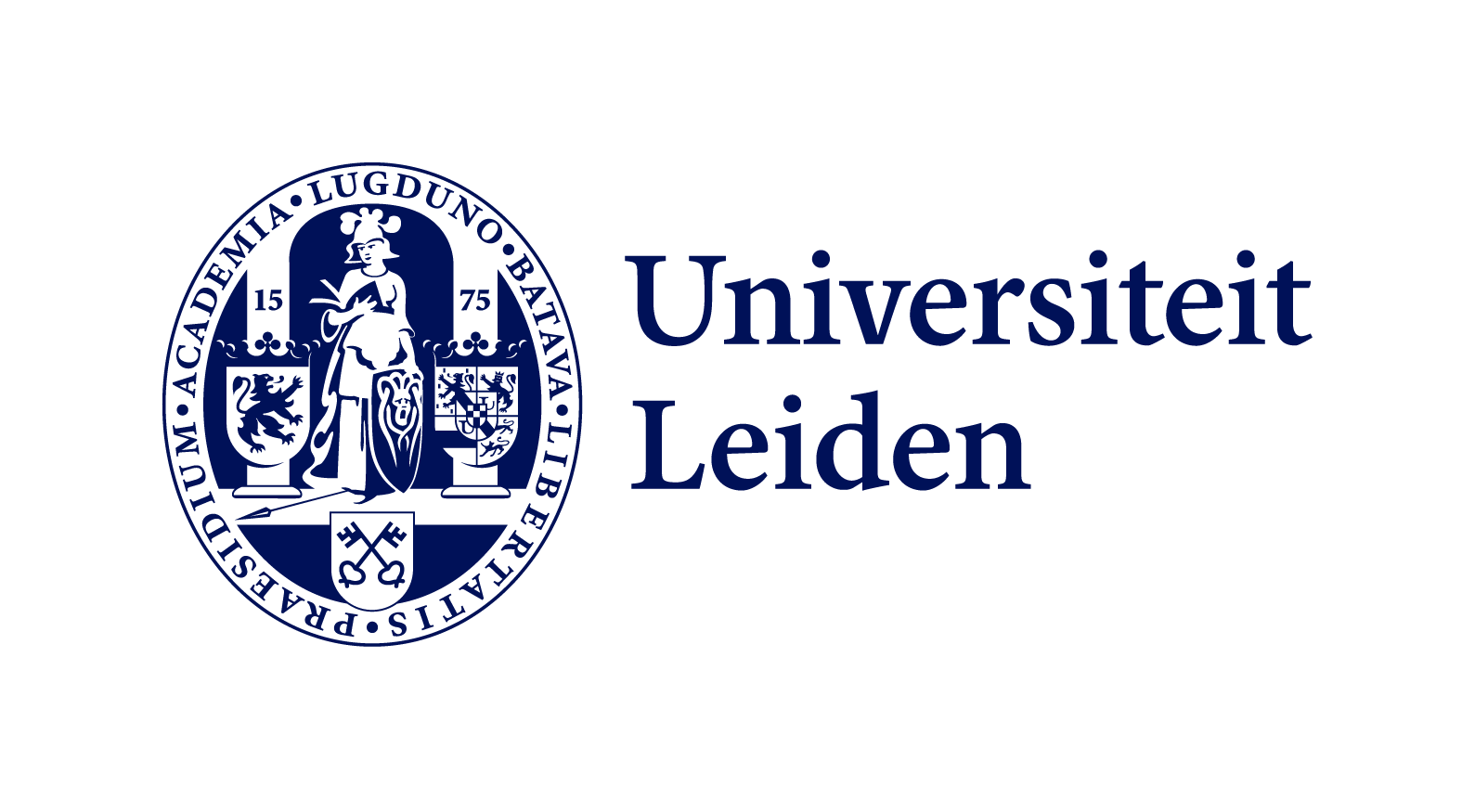A role for SUMOylation in proteostasis, centromere integrity and the DNA damage response
Abstract
Small ubiquitin-like modifiers (SUMOs) are small proteins that can be covalently attached to hundreds of target proteins. This post-translational modification can alter protein binding sites and therefore influence function, localization or stability of the target protein. This thesis describes novel roles of SUMOylation in three important cellular processes, proteostasis, centromere integrity and the DNA damage response. SUMOylation promotes proteostasis after heat-shock in cooperation with the HSF-1-regulated chaperone network. Furthermore, we show that the SUMO specific isopeptidase SENP6 is responsible for the deSUMOylation of multiple subunits of the constitutive centromere-associated network (CCAN), an important protein complex that provides the basis for the assembly of the kinetochore during mitosis. Failure of deSUMOylation results in an accumulation of SUMO chains on the CCAN proteins and consequently less efficient localization to the centromere. SUMOylation has multiple previously described roles in the DNA damage response. Here, we demonstrate that the protein Cockayne Syndrome B (CSB) is the highest SUMOylated protein in response to UV-induced DNA damage. SUMOylation promotes efficient localization of CSB to the damage sites and contributes to efficient repair
